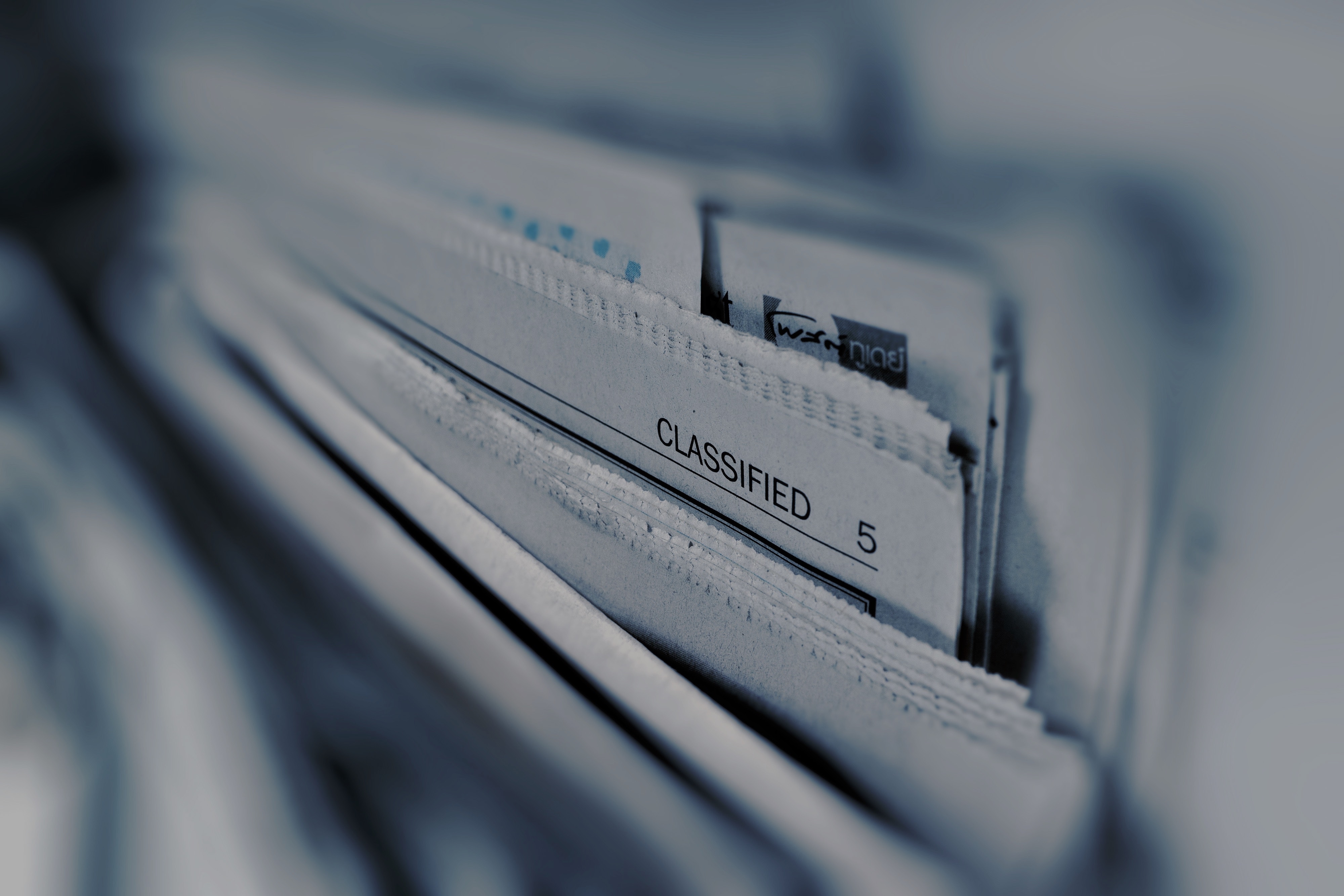This article was originally published in The Australian.
In the debates on press freedom, a lot of the media’s critics tend to dismiss journalists as pleading for special privileges.
“No one is above (the law), including me or anyone else, any journalist or anyone else,” Scott Morrison said, anticipating the Right to Know coalition’s campaign calling for legislative changes to protect press freedom.
Home Affairs Minister Peter Dutton said the same when asked to drop actions against journalists under investigation by the Australian Federal Police, following the two controversial raids on the media in June. “Nobody is above the law and the police have a job to do under the law,” the minister told Channel 9.
That may be true but the politicians’ language is also a form of misdirection seeking to portray journalists as a self-appointed elite. The comments also invite scorn from everybody else. They focus our attention on the individuals rather than the issue at stake.
The danger of that approach — pointed out in a 2014 Harvard Law Review paper by academic Sonja West — is that it undermines the special watchdog role a free press plays in our democracy — a role that assumes there are times when exposing wrongdoing trumps the secrecy used to cover it up.
The Right to Know coalition launched its campaign after a recent slew of national security laws weakened and confused protections for journalists to the point where a lot of reporting that might have been considered legitimate is now criminalised. So how do we avoid the problem of protecting that role journalists play without giving a self-appointed elite special legal status?
It used to be relatively easy to identify a journalist; it was someone who produced news for a newspaper or broadcaster. But in our digital age, anybody with a keyboard and internet connection can publish stories, and it becomes infuriatingly difficult to distinguish between who should be protected and who is a ratbag (or a spy) hiding behind a job title.
Earlier this week, I gathered a group of some of the country’s leading journalists, lawyers, academics and civil servants at the University of Queensland to discuss this. It quickly became clear that rather than focusing on the person, we should be protecting journalism’s function.
It’s not as hard as it might seem.
In fact, that concept already exists in our legislation, buried in section 122.5 of the Criminal Code. It offers journalists a defence if they commit a general secrecy offence. To qualify, the person must have: “dealt with the information in their capacity as a ‘person engaged in the business of reporting news, presenting current affairs or expressing editorial or other content in news media’, and have reasonably believed that engaging in the conduct was in the public interest”.
Notice that the statute does not define journalist; it doesn’t even use the term. It focuses on what the person is doing, and so it implies that anybody who meets the standards set out in the law is able to use the defence.
With a minor adjustment, this could provide the way forward. Logically, the law should focus on what a journalist actually believed — not what a judge might believe months or possibly years later.
That change is needed to ensure journalists are not required to reveal their confidential sources to use this defence.
And finally, this provision applies a public interest test, where there has to be a higher purpose to any investigation, exposing wrongdoing rather than simply digging around the inner workings of government for its own sake.
During our discussion, we recognised that there was a wider public distrust of journalists and that the media couldn’t work effectively without a social licence. In other words, people need to trust journalists’ motives and ethics before they accept any law that grants legal privileges.
That’s why we also recognised that to qualify for legal protection, the work needs to meet certain professional standards. There is no reason the law can’t include a set of tests, asking whether reporting is accurate, whether the person has tried to verify facts and information, whether it is balanced and fair, and so on.
The standards should necessarily be high; after all, we are talking about giving someone the right to avoid prosecution for exposing issues that are otherwise protected under national security legislation, but that would also give the public confidence that the journalism is worth protecting.
The final test is that any journalism needs to be intended for publication (as opposed to sending classified documents to a mate or a foreign power).
My organisation, the Alliance for Journalists’ Freedom, agrees that we urgently need to update the way we protect journalism in our unworkable messy legal code. Clearly any system that criminalises the kind of journalism that exposes issues that are genuinely in the public interest, without damaging national security, is a problem. But rather than a piecemeal set of tweaks to individual statutes, we need to embed the role of the press in the DNA of our legal code.
That is why we are calling for a comprehensive media freedom act that would filter down to fill all the loopholes in our legislation. If we define legitimate journalism (as opposed to journalists) in this way and recognise that it deserves exception from prosecution in cases where there is a genuine public interest in publishing, all of us will be better off.
As West pointed out in her review paper: “It is neither elitist nor discriminatory to separate the press from other types of speakers. Our equality principles are satisfied as long as we ensure that all speakers have a fair opportunity to attain this status.”


